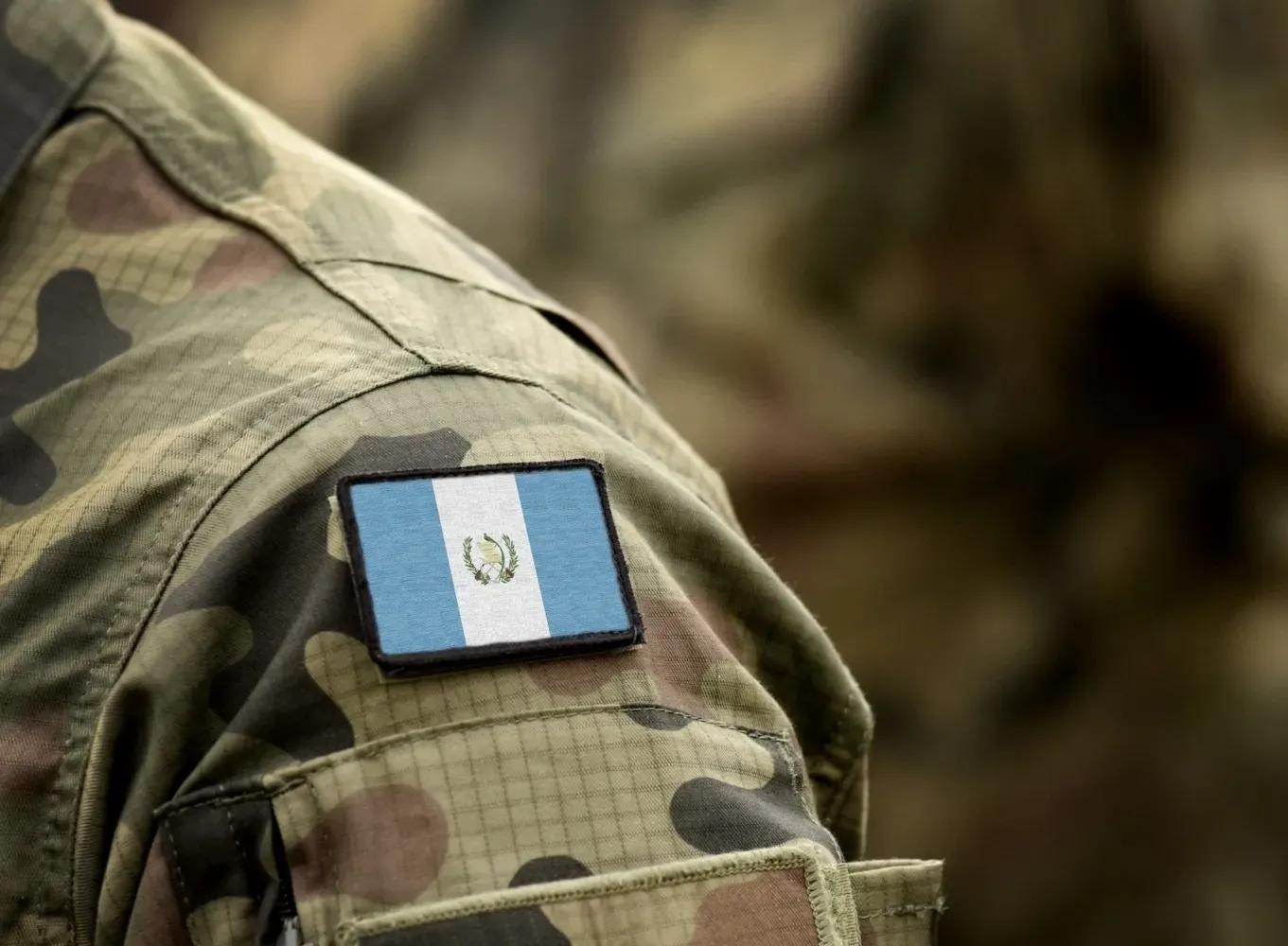Jesús Daniel Romero from Miami Strategic Intelligence Institute for FinGurú
Introduction
Guatemala is going through a critical stage regarding institutional integrity and security. At the center of the debate is the Minister of Defense, General Henry Sáenz Ramos, who is criticized for remaining in office beyond the constitutional term, his administrative profile being distant from operational leadership, and allegations linking him to possible strategic concessions to foreign actors.
As a former diplomatic representative of the U.S. Department of Defense in Guatemala for five years, I offer here a professional analysis that aims to contribute to the public debate with technical and institutional defense criteria.
Prolonged tenure: a violation of the legal framework?
Jurists like Dr. Omar Barrios have warned that Sáenz's continuity after June 27 could contravene the Guatemalan Penal Code, given that he would have already reached 33 years of military service, exceeding the permitted limit. The Constitutional Court, by denying an amparo presented on June 24, 2025, left the responsibility to act according to the law in the hands of the Executive.
Strategic concessions under scrutiny: the Puerto Quetzal case
An audio has circulated in the media and social networks that allegedly implicates Minister Sáenz in the irregular transfer of a military land in Puerto Quetzal to the Chinese company Trans-Shipping World. Although the authenticity of this material has not been officially verified, its dissemination has raised serious doubts about the transparency of the strategic decisions of the Ministry.
DIGECAM: gun licenses and the black market
Congress has begun oversight of the General Directorate of Control of Arms and Munitions (DIGECAM) following reports of irregular issuance of licenses. During Sáenz's management, non-transparent procedures would have been authorized, contributing to the growth of a black market for weapons, according to press reports published in early 2025. The Ministry released documents in March after previously hiding them.
Military profile: absence of operational leadership?
Unlike several of his predecessors, General Sáenz lacks direct command experience in tactical units. His career has primarily taken place in logistical, administrative, and contracting roles. There is no record that he has commanded battalions or brigades, nor that he has led units in crisis scenarios.
This contrasts with figures such as:
● General Williams Mansilla (2016–2017), with combat experience, despite later investigations for corruption.
● General Juan Henry Yovani Reyes Chigua (2022), with key roles in intelligence and special forces.
In an institution like the Army, where respect is earned in the field, this difference is not minor.
Institutional and geopolitical risks
In a regional environment marked by drug trafficking, extra-regional pressures, and transnational corruption networks, national defense requires strong leadership, operational experience, and internal legitimacy. The perception that the minister responds to political or external interests undermines military morale and compromises democratic governance.
This concern has been shared by key international actors. During the 7th Defense Working Group meeting between the U.S. and Guatemala, held in June 2024, the U.S. Department of Defense —through Undersecretary Rebecca Zimmerman— formally urged the Guatemalan government to “advance anti-corruption initiatives, increase transparency, and strengthen institutional oversight capabilities” within the defense sector. These statements were made at a high-level forum co-chaired by Minister Henry Sáenz himself, confirming that concerns about governance and military transparency are part of the bilateral strategic dialogue (U.S. Department of Defense, 2024).
Moreover, Secretary of State Marco Rubio, during his official visit to Guatemala in February 2025, warned that “drug trafficking generates a culture of corruption” and stated that the U.S. would support efforts to counter that threat, including the expansion of strategic ports in collaboration with U.S. Army engineers, with the explicit goal of halting Chinese penetration into the country's critical infrastructure.
Proposed actions
In light of this scenario, President Arévalo must act with clarity and constitutional responsibility. Below are three concrete measures proposed:
1. External and independent audit of Sáenz's decisions regarding land, contracts, and licenses.
2. Formal review of the Minister's legal status by the Public Ministry and the General Comptroller.
3. Appointment of a temporary replacement with operational experience to restore internal trust and the public image of the Army.
Conclusion
The case of Henry Sáenz not only raises a legal dilemma but also a profound institutional question: who really leads the national defense of Guatemala?
Keeping a weakened minister in office, questioned for his track record and reported for possible irregularities, undermines the legitimacy of the defense apparatus at a time when the country needs firmness, clarity, and strategic vision.
The time to act is now. For the integrity of the state, for the security of the country, and for the future of the Armed Forces.
References
● Congress of the Republic of Guatemala. (2024, April 24). The National Defense Commission oversees budget execution and operation of DIGECAM. Congressional News.https://www.congreso.gob.gt/noticias_congreso/11319/2024/3
● Prensa Libre. (2025, June 24). CC rejects amparo from colonel who questioned the continuity of high military commands with 33 years of service.https://www.prensalibre.com/ahora/guatemala/justicia/cc-rechaza-amparo-de-coronel-que-cuestiono-continuidad-de-altos-mandos-militares-con-33-anos-de-servicio/
U.S. Department of Defense. (2024, June 5). Readout of the 7th U.S.–Guatemala Defense Bilateral Working Group [Statement].Defense.gov.https://www.defense.gov/News/Releases/Release/Article/3804343/readout-of-the-7th-us-guatemala-defense-bilateral-working-group/
Jesús Daniel Romero is a Retired Commander of U.S. Naval Intelligence. Co-founder and Senior Fellow of the Miami Strategic Intelligence Institute.
He is a writer, author of the best seller on Amazon "The Final Flight: The Queen of Air." He is currently preparing a trilogy of books on drug trafficking activities in Central America, transnational crimes, and terrorism.
He is a permanent consultation man on topics of his specialty by media in the state of Florida and a prominent columnist for the Diario Las Américas in the city of Miami.

Comments